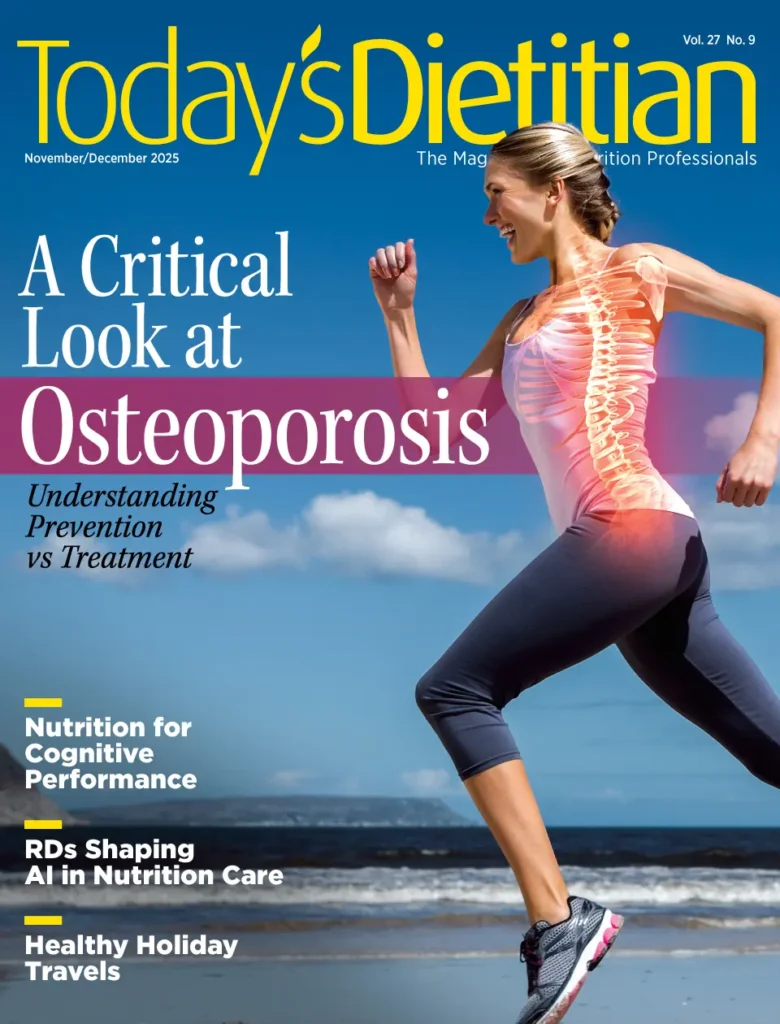By Densie Webb, PhD, RD
The current COVID-19 pandemic has devastated businesses, particularly those in the foodservice and dining industry. Some restaurants, fast-food chains, and bakeries have found workarounds to stay afloat, while others have gone under in short order. Among the survivors of the current economic downturn is Flakely, a gluten-free bakery in Philadelphia. Owned and operated by Chef Lila Colello, Flakely has shifted from a distributor of gluten-free croissants and brioche bread and buns to hotels, universities, and restaurants/cafes, to a direct-to-customer delivery and shipping-only service.
All in the Family
Colello grew up around a family-owned gourmet catering business and an uncle who was a self-taught chef. “Food was always a part of my life,” she says. Colello, who trained at the French Culinary Institute in New York City and has worked for Wolfgang Puck, the Ritz Carlton, and The Food Network, was diagnosed with celiac disease two years after starting her first business producing regular wheat flour–based artisan baked goods.
Eventually, she became so sensitive to gluten that she could no longer work with wheat flour and was forced to shut down. Colello spent her down time rewriting traditional French recipes to make them gluten-free, while promising herself that she’d never release a product that “tasted” gluten-free. She spent three years developing her popular gluten-free croissant, for which she now has a process patent.
The Gluten-Free Bakery
Flakely, which Colello established in 2019, offers products not found in the supermarket for those who follow gluten-free diets, whether by necessity or choice. Colello says she was finally starting to get some traction on a larger scale, selling products to distributors for regional East Coast distribution into hotels, universities, restaurants, and cafes, when COVID-19 hit.
When the shutdown began and she saw that the grocery store shelves were bare, Colello realized that many people like herself who need to eat a gluten-free diet likely panicked when they couldn’t find foods they could safely consume. That’s when she decided to get her product directly into homes within her community. “At least the ones I could reach by delivery myself,” Colello says. She began producing on a small scale and delivering to anyone she could reach with a 45-minute drive.
How Delivery Is Done
Flakely’s direct-to-consumer offerings are simple—brioche bread loaves and croissants. Customers can e-mail Colello or message her on Facebook or Instagram and set up a day and time for free delivery. If a customer lives too far away for dropoff, Colello will arrange safe half-way meet ups when possible. In these situations, the customer stays in their car and Colello places their order on their hood or in the trunk; the customer can retrieve their order when Colello is back in her car.
If she delivers to a home, Colello texts them when she’s on her way to give them an estimated delivery time and then texts again when the order is safety dropped at their doorstep. “So far,” she says, “it has been seamless, and everyone has respectfully followed the procedure.”
Before the pandemic, Colello had three part-time employees, but she says she can’t fund payroll right now. “I am focusing on getting the breads to our customers, while trying, at the very least, to break even.” But, she adds, “this is not a profitable or sustainable business model.” Colello says she’s delivering her baked goods to provide service to folks who, like herself, must eat gluten-free foods but might not have access.
Colello reminds everyone that, for her and other patients with celiac disease, gluten-free eating isn’t a fad diet; it’s the only medicine that keeps the disease at bay. “I believe everyone should have access to the same delicious food that anyone does. Just because a person is gluten-free, they shouldn’t have to accept that a safe version of their favorites doesn’t exist,” she says.
More Information About Ordering
A case of eight croissants costs $24; a case of 16 costs $48; and brioche bread loaves are $15 each or two loaves for $28, plus shipping, if outside her personal delivery area. Colello says customers place orders through Facebook or e-mail at info@flakelygf.com and pay by Venmo or PayPal; they also can call 484-450-6576 to pay by credit card. (Croissants are shipped frozen with dry ice, and availability depends on dry ice distributors.)
— Densie Webb, PhD, RD, is a freelance writer/editor and industry consultant based in Austin, Texas.


